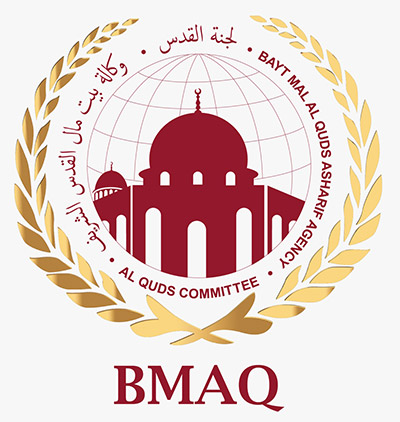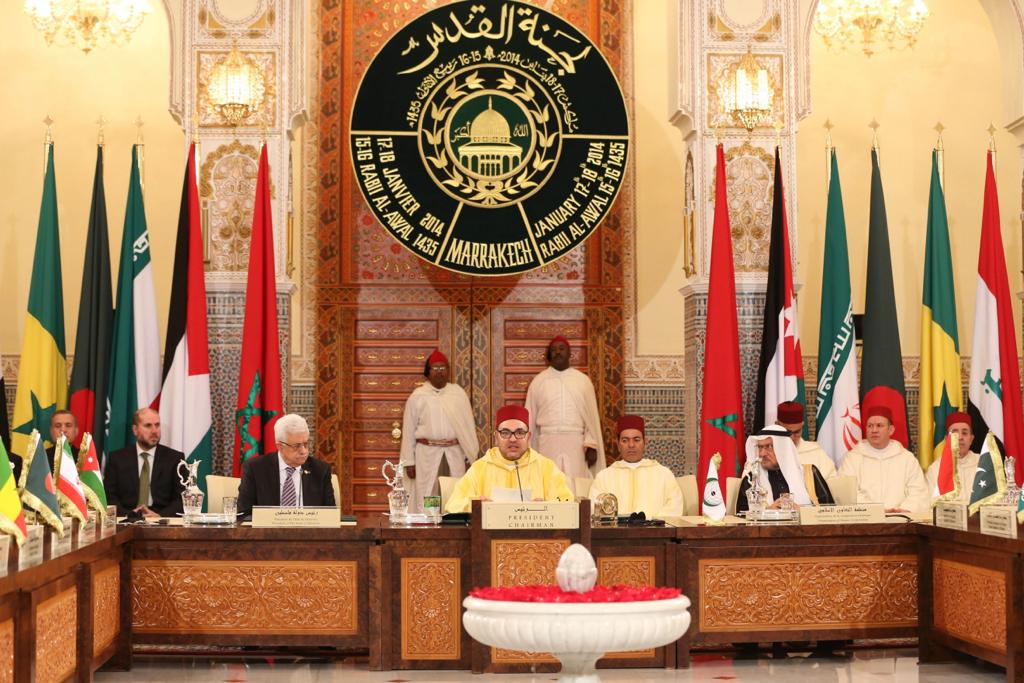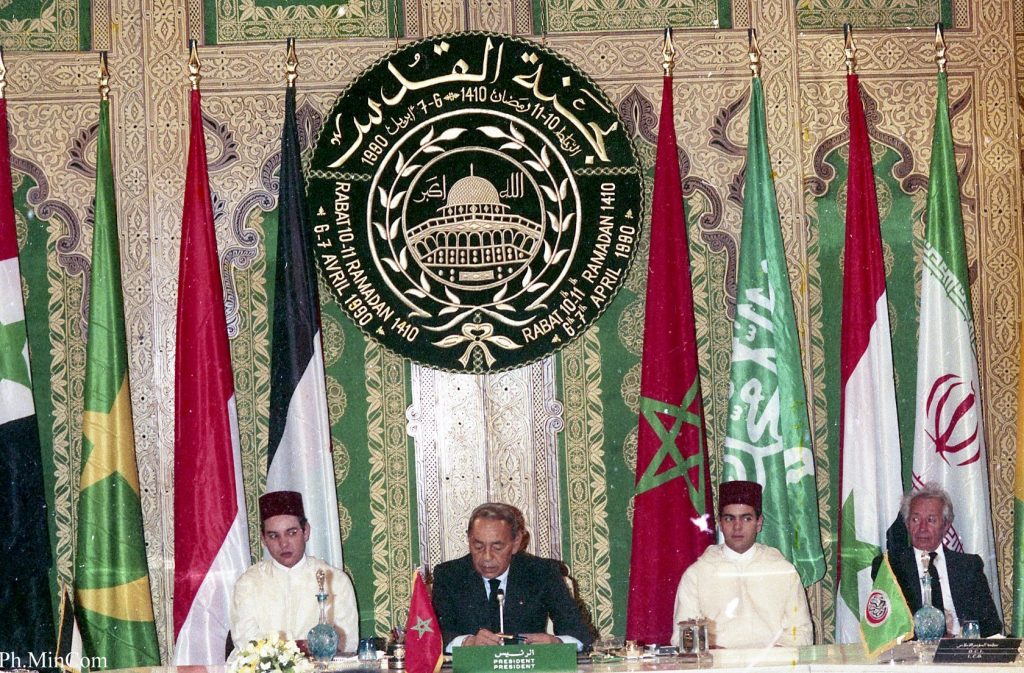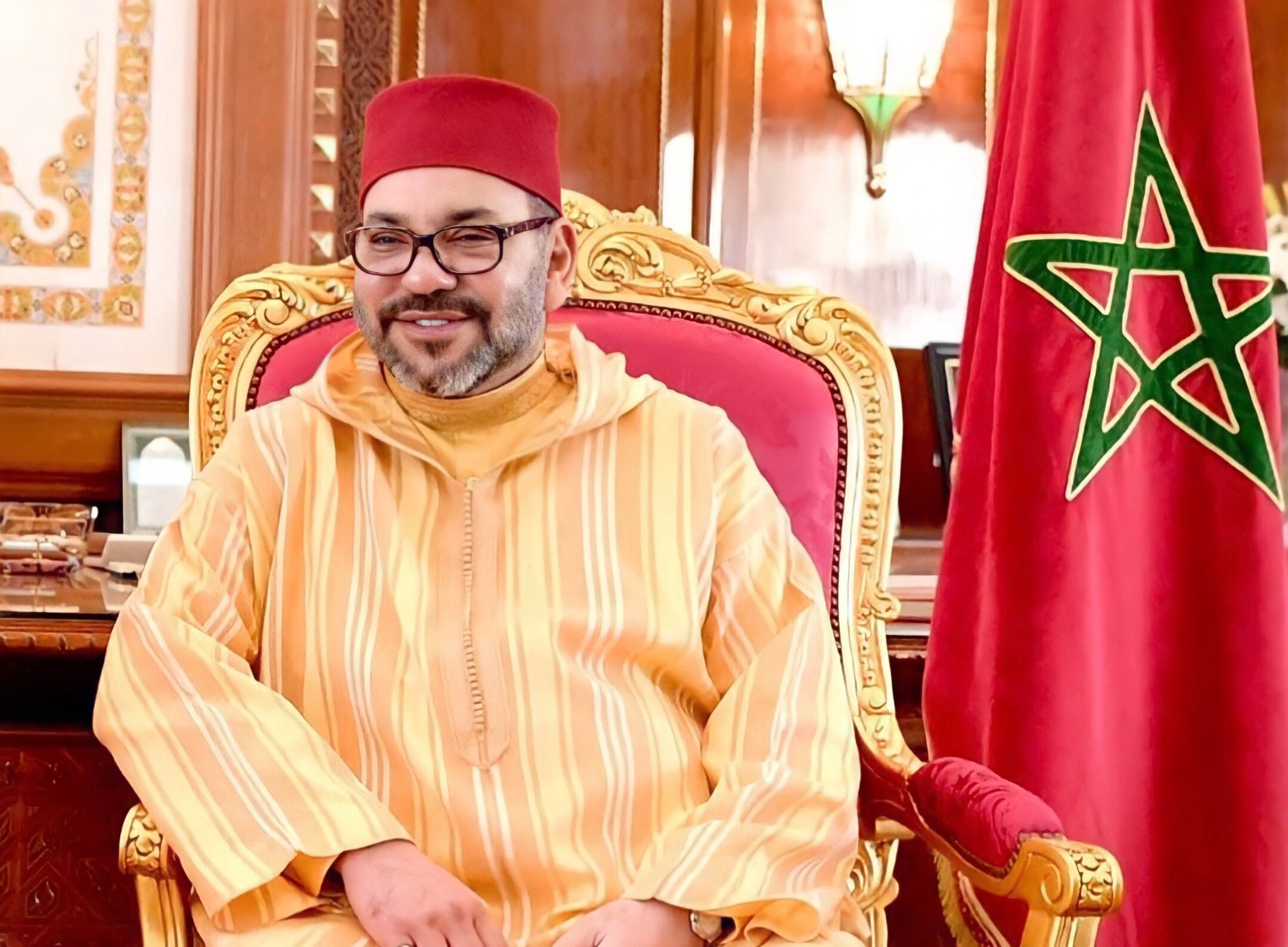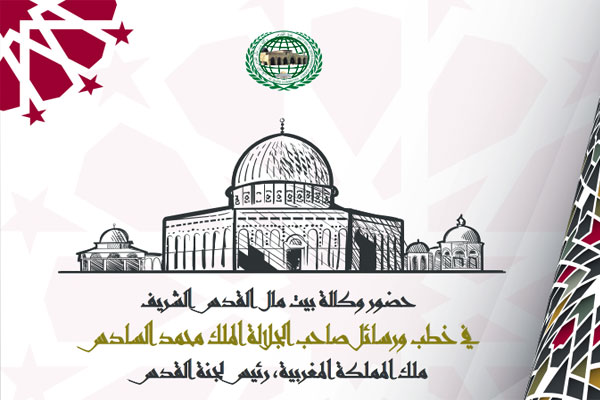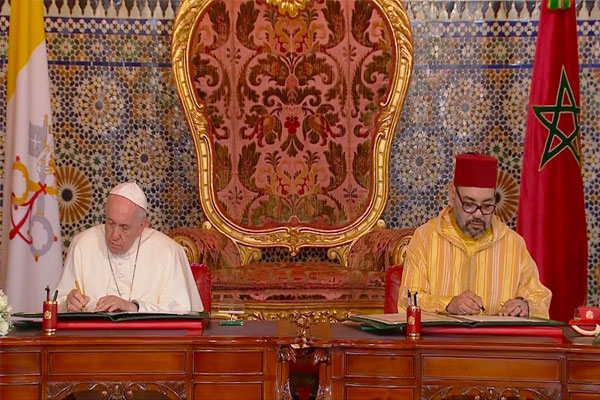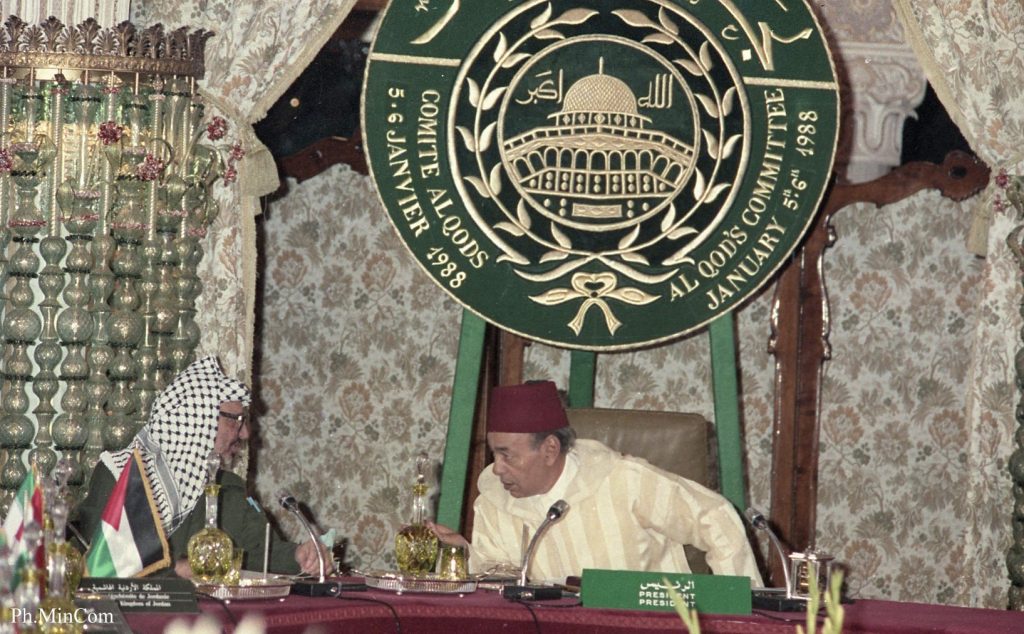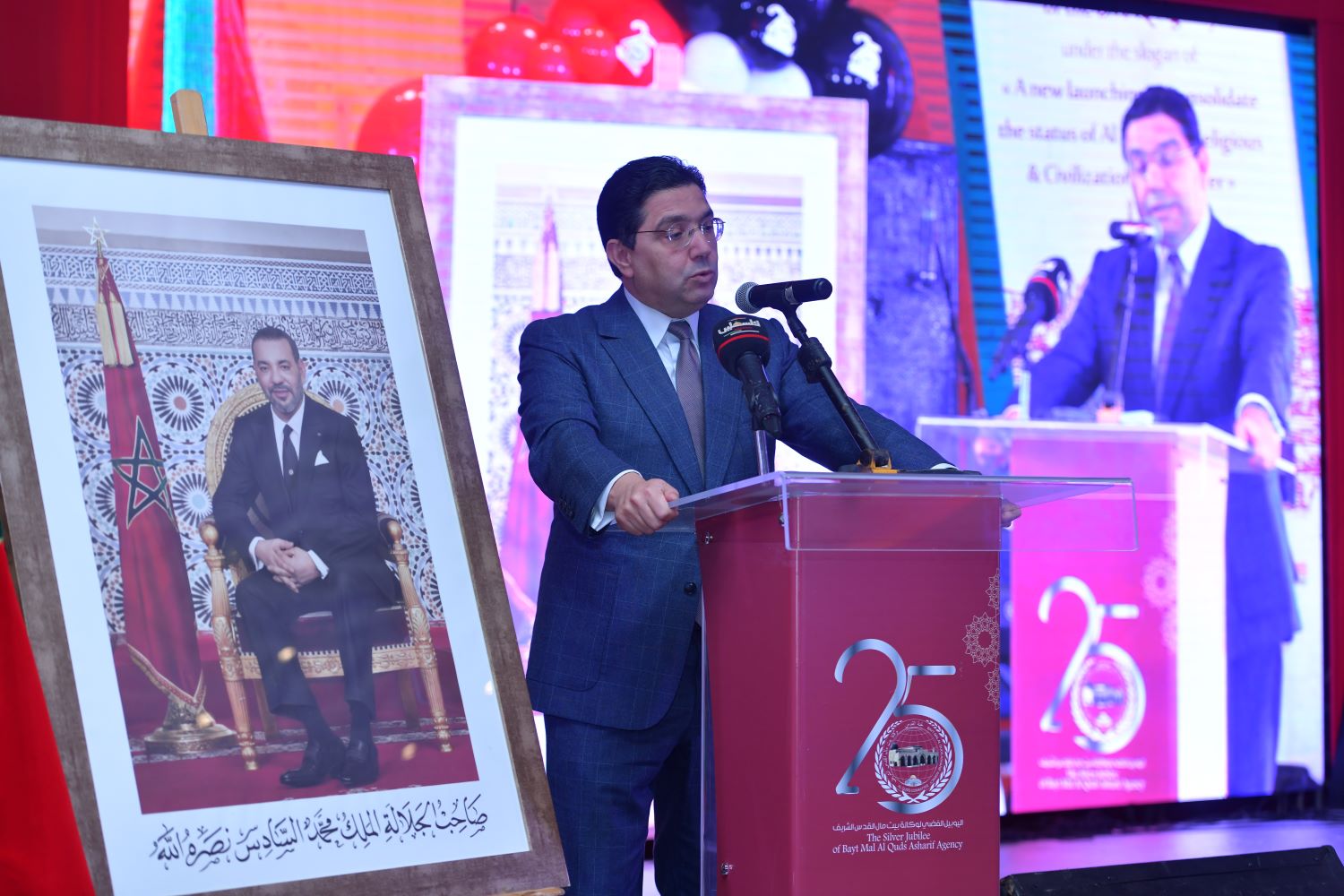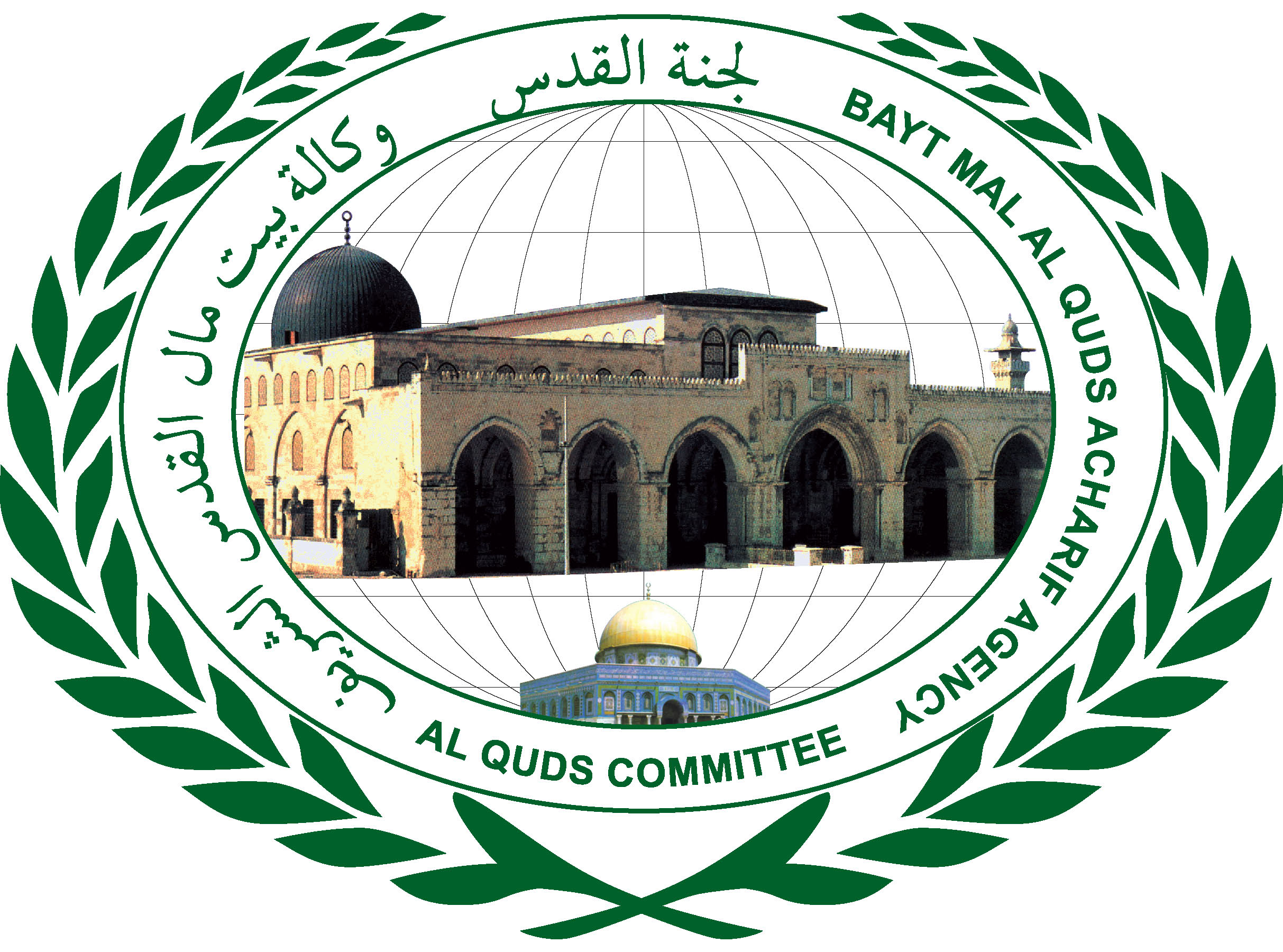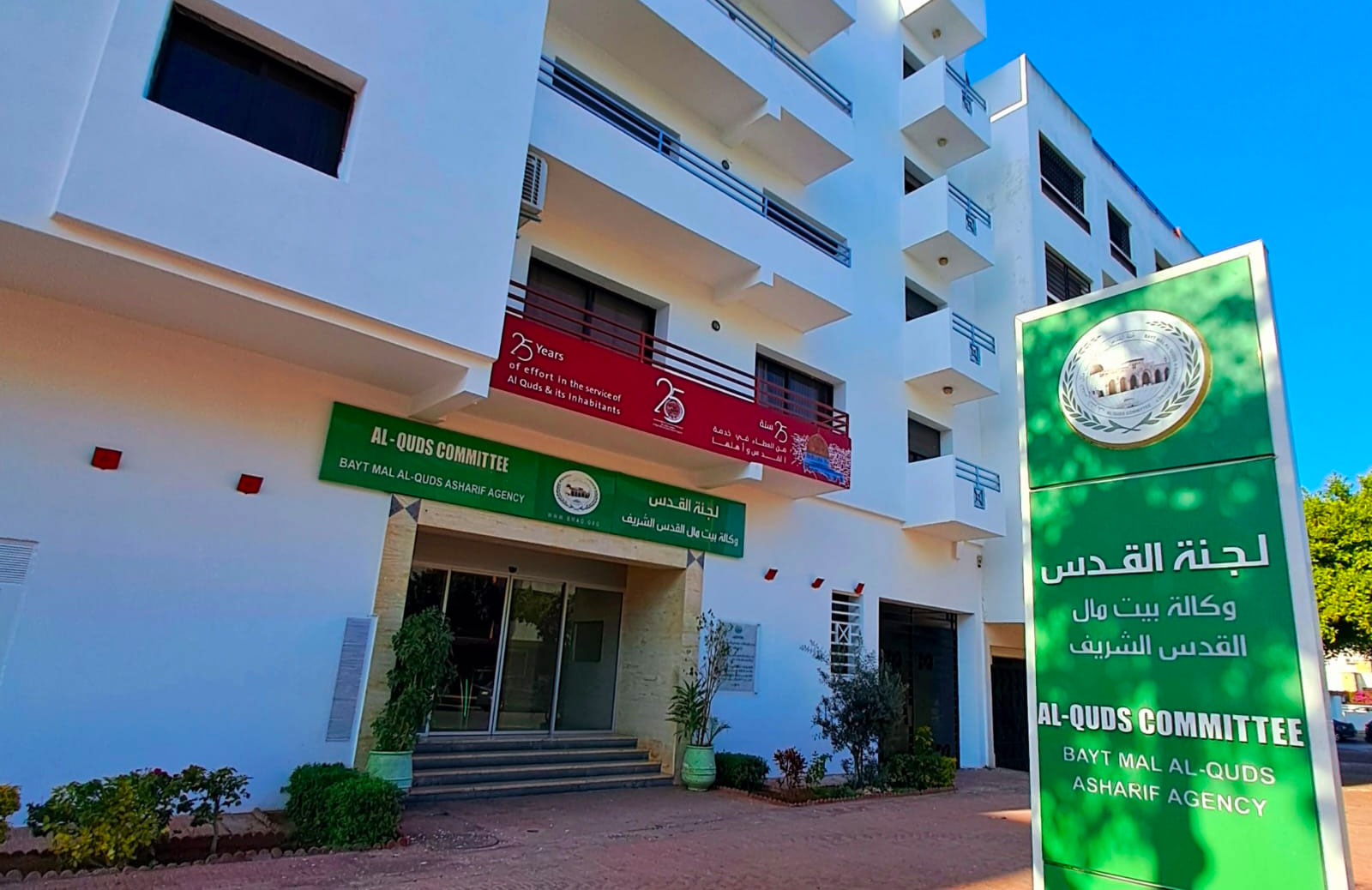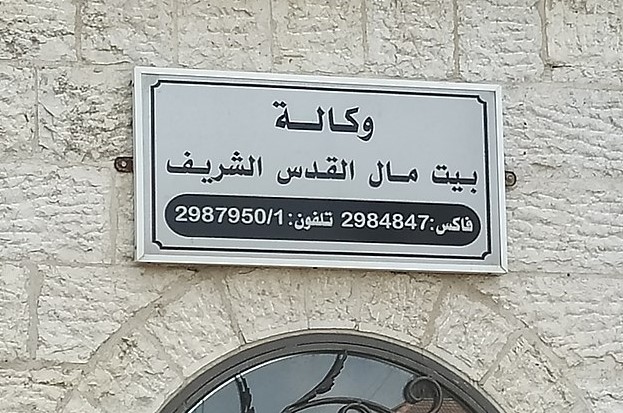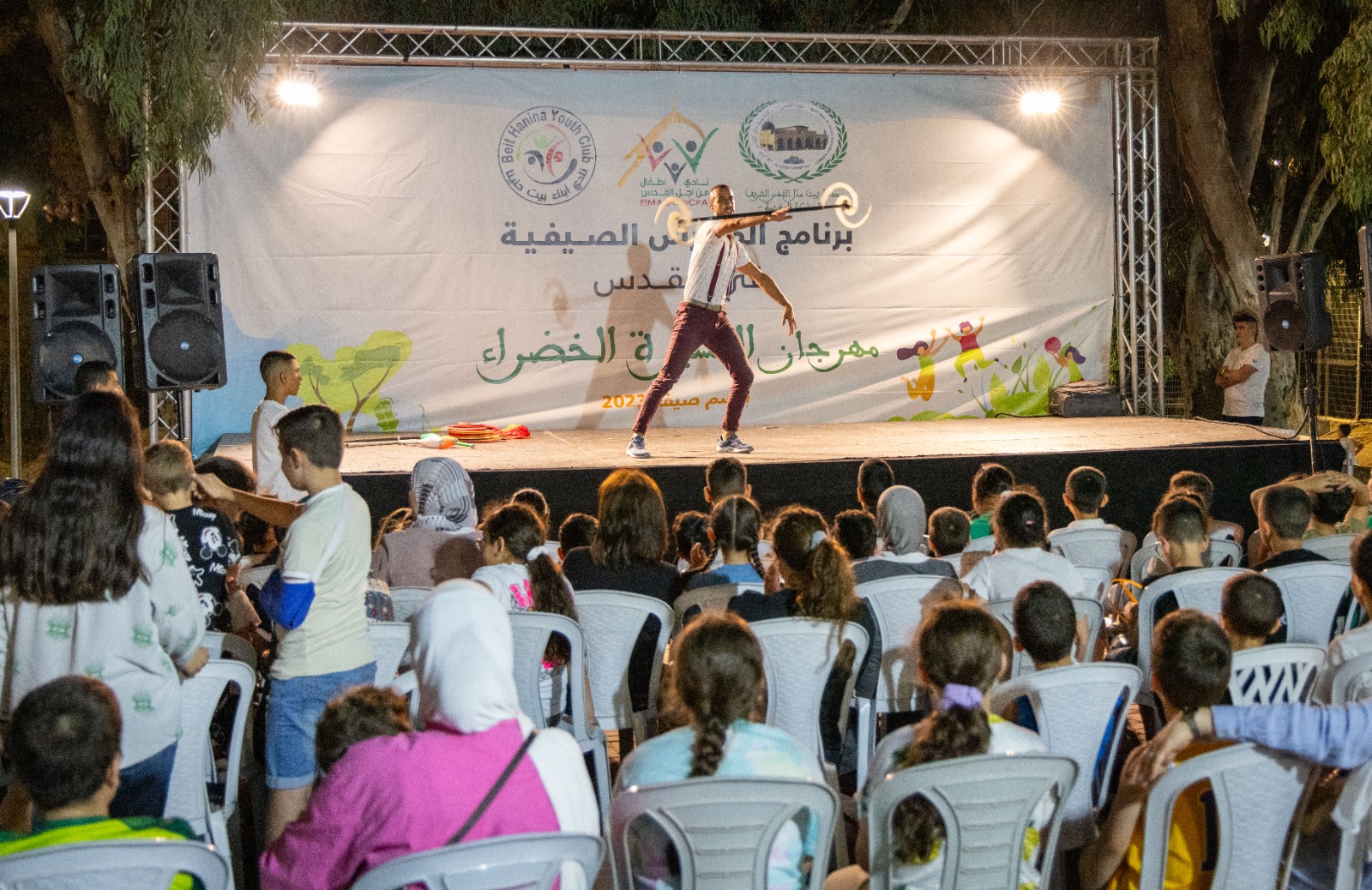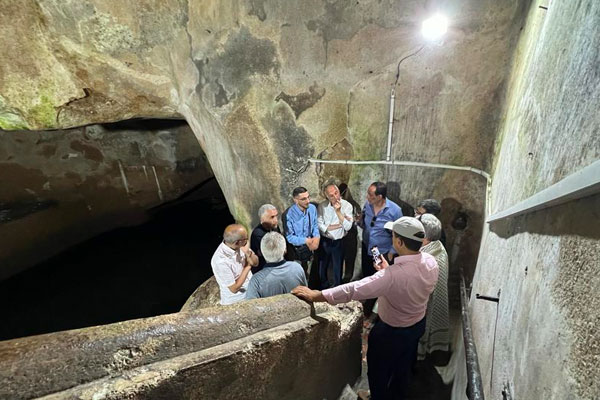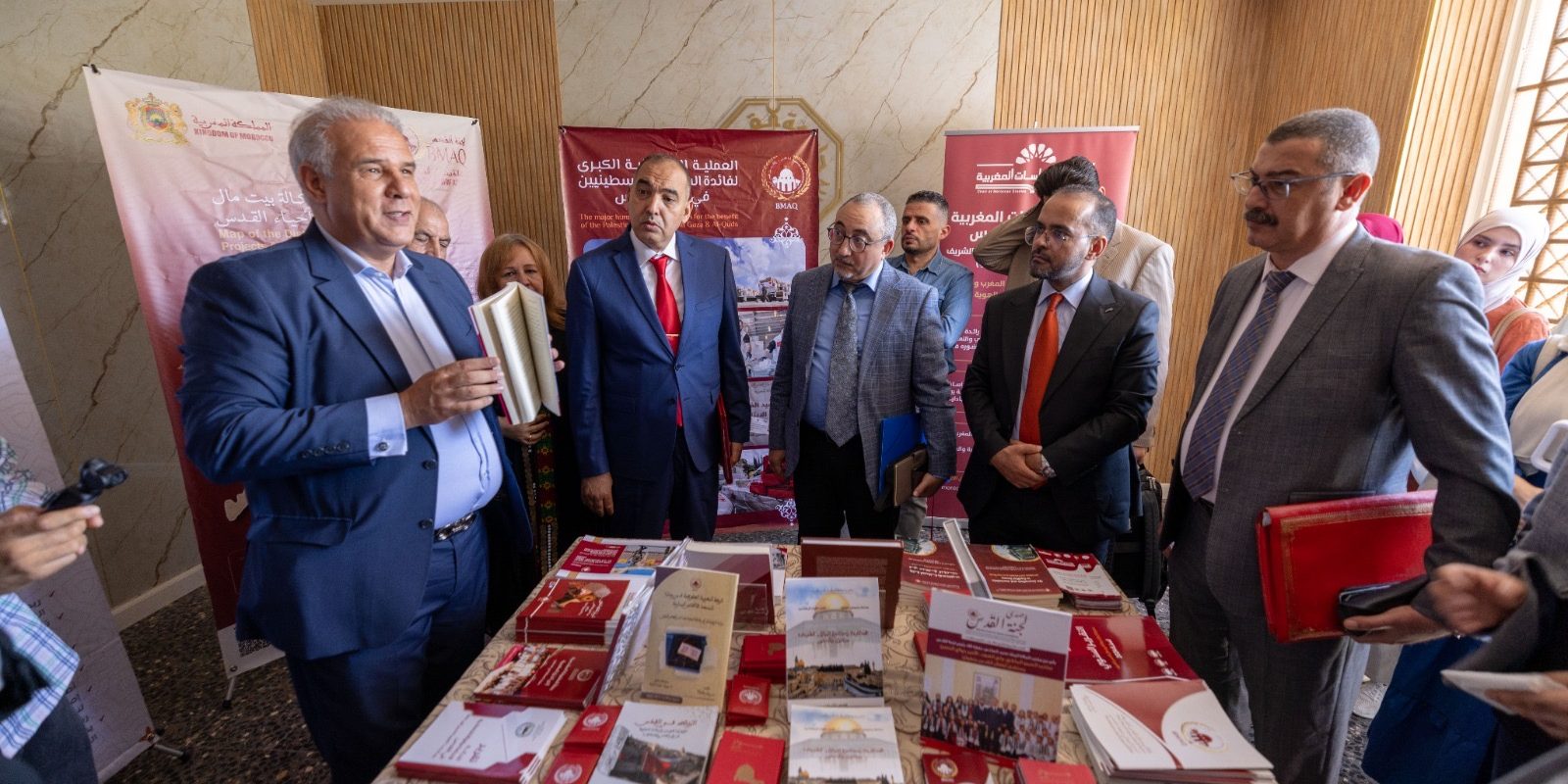Jerusalem – Al-Quds University hosted on Saturday an academic meeting coinciding with the celebrations of the Throne Day, as part of the Moroccan Studies Chair’s academic activities, under the theme « Throne Day in the Kingdom of Morocco: Between the Traditions of an Ancient State and the Aspirations of Reform and Modernization, » with the participation of Moroccan and Palestinian officials and academics.
The event was attended by several notable figures, including the Moroccan Ambassador to the State of Palestine, Abderrahim Meziane; Mohamed Salem Echarkaoui, Director of the Bayt Mal Al-Quds Asharif Agency (BMAQ); and Safaa Nasser Eddine, Chair of Moroccan Studies. In his welcoming remarks delivered on behalf of the university president, Ahmad Al-Qotob, Academic Vice President of Al-Quds University, expressed his pride in the launch of this important academic chair, describing it as a platform to strengthen scientific and cultural ties between Palestine and the Kingdom of Morocco.
Al-Qotob also expressed his appreciation for the presence of Moroccan officials and academics at this significant academic gathering, noting that it provides Palestinian students and faculty with a valuable opportunity to explore the Kingdom of Morocco—its institutions, rich history, notable figures, literature, and artistic heritage—key pillars of the Moroccan Studies Program at the university.
For his part, Mr. Echarkaoui stated that the Moroccan Studies Chair strengthens Morocco’s academic presence in Palestine, as part of an institutional framework established by the Kingdom of Morocco in Jerusalem. This includes the Moroccan Cultural Center – Bayt Al-Maghrib in the Old City of Jerusalem, the « Arribat » Monitoring and Evaluation Observatory in Sheikh Jarrah, and the Bayt Al-Maqdis Center for Research and Studies at BMAQ’s headquarters in Rabat.
Echarkaoui also stressed that this integrated effort “embodies the long-standing and honorable Moroccan presence in Jerusalem and Palestine, which has always been rooted in firm choices reflecting genuine solidarity. Today, we aim to strengthen it through knowledge and social and civic sciences, just as it was once rooted in the values of struggle and sacrifice in defense of justice and its rightful claimants—in both past and present contexts.”
In his keynote address titled “Ruling Traditions in Morocco: Between Heritage and Modernization,” Ambassador Abderrahim Meziane analyzed the uniqueness of the Moroccan model in consolidating the continuity of the state and developing its institutions, by presenting the concept of Throne Day and its symbolic, historical, and political meanings, along with its legal and constitutional dimensions.
He discussed the nature of the ruling system in the Kingdom of Morocco through a systematic approach, highlighting its core principle of allegiance to His Majesty the King, the guarantor of the continuity of the state and its institutions.
He concluded his address by pointing to the efforts of HM King Mohammed VI, Chairman of the Al-Quds Committee, in creating a political horizon for the Palestinian cause.
Meanwhile, Moroccan legal scholar and governance expert, Jamal Eddine Benaissa, delivered a presentation titled: “26 Years of King Mohammed VI’s Reign: The 2011 Constitution and the Reform Record,” in which he highlighted the constitutional and institutional transformations Morocco has experienced over the past two decades, through the functions of the three branches of government: the legislative, the executive, and the judiciary.
Mr. Benaissa emphasized that one of the main features of the 2011 Constitution is the emphasis on enhancing mechanisms of accountability and promoting participatory democracy.
He emphasized that the participation of Moroccan officials and academics in the gathering reflects Morocco’s deep and enduring solidarity with the Palestinian people.
He further noted that the establishment of the Moroccan Studies Chair at Al-Quds University serves as a vital platform for Moroccan scholars to help build a strong and dynamic research foundation—one that reflects the Kingdom’s steadfast commitment to the Palestinian cause, which His Majesty King Mohammed VI has elevated to the same level of national importance as the defense of Morocco’s territorial integrity.
For her part, the Chair of the Moroccan Studies Chair at Al-Quds University, Safaa Nasser Eddine, affirmed that this chair, established in partnership with BMAQ and the Moroccan Cultural Center – Bayt Al-Maghrib in Jerusalem, represents a strategic step in strengthening academic and cultural cooperation between Palestine and the Kingdom of Morocco.
She stated that this remarkable academic gathering highlights a shared commitment to exploring new avenues of research centered on the Moroccan experience in constitutional and political modernization—particularly in light of the significant reforms undertaken during the prosperous reign of His Majesty King Mohammed VI.
Nasser Eddine concluded her remarks by affirming that the Moroccan Studies Chair will initiate a series of seminars and research programs designed to foster deeper mutual understanding of social, economic, and scientific issues, while also promoting cultural dialogue between the two academic institutions and the brotherly peoples they represent.
At the conclusion of the meeting, the invited guests visited the renovation site of the Moroccan Studies Chair premises within the university’s Faculty of Engineering. They received a detailed overview of the space, parts of which will feature elements of traditional Moroccan design. Prior to the academic session, the guests had also toured a special exhibition highlighting BMAQ’s projects and publications in Jerusalem, aimed at acquainting students and faculty with the institution’s areas of intervention, its diverse programs, and their tangible impact on the people and institutions of the city.
–
